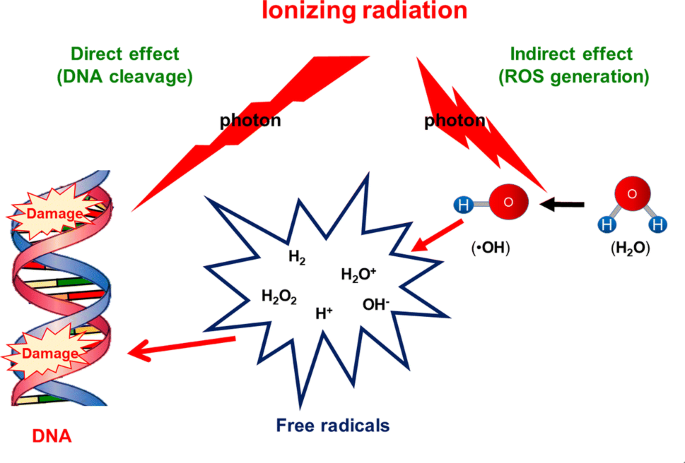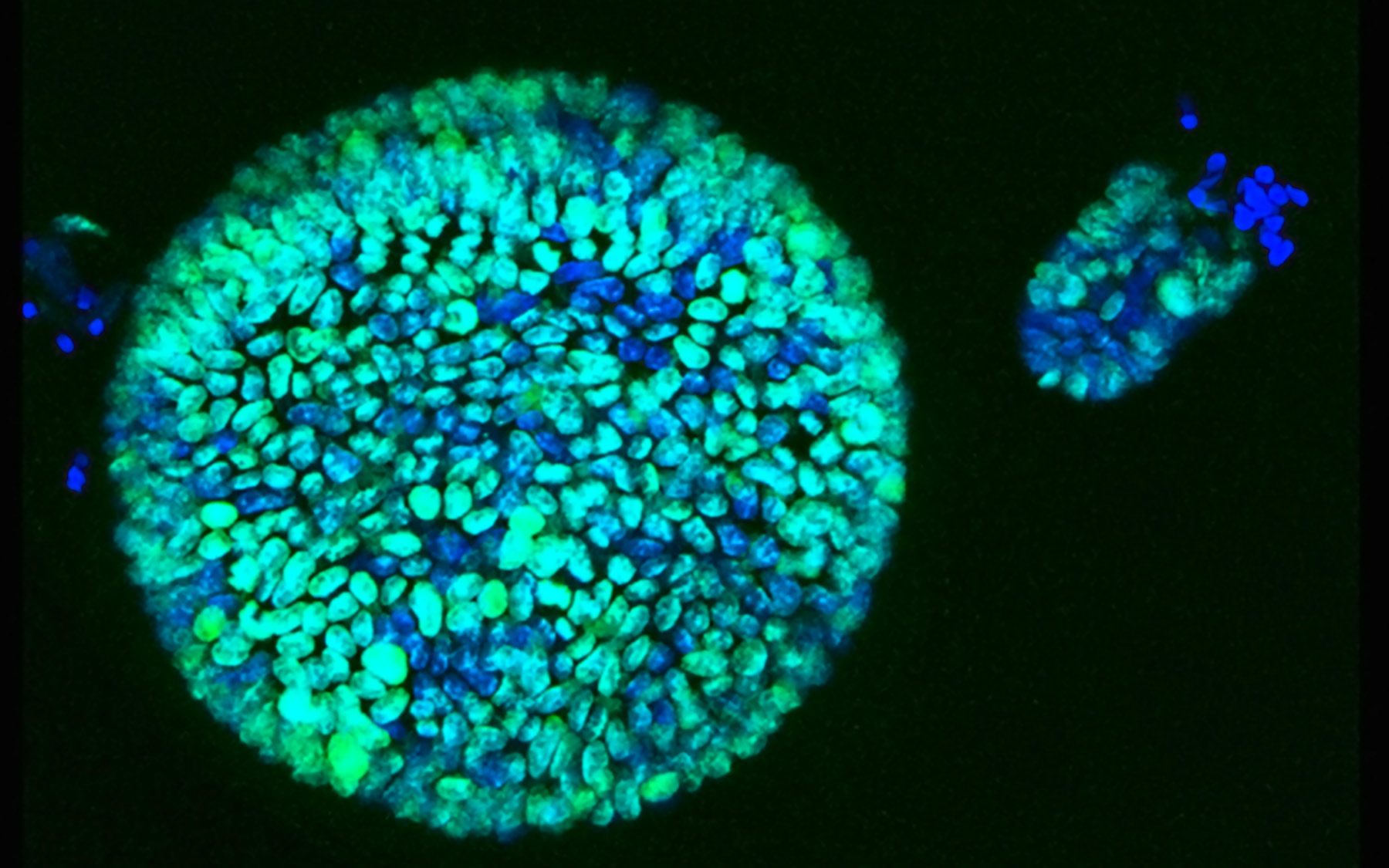In this blog, I would like to discuss a common concern or most asked question whether you should consult a doctor before taking Fucoidan?
The straight answer would be advisable to consult with a doctor before taking Fucoidan. Even though Fucoidan is just like food extracted from the brown seaweed, you can always ask for an opinion to clarify any doubts. However, some doctors may tell you not to use any supplement because radiation therapy and some chemotherapy rely on ROS toxicity to eradicate tumor cells.
So, I will explain the proven Fucoidan benefits (antioxidative) with radiation therapy. Later, I will explain facts on Fucoidan and chemotherapy with the reasons whether or not to discuss it with the doctor. Once you have read and gathered information on Fucoidan’s benefit with radiation therapy, you can thoroughly discuss the same with your doctor before starting the treatment of radiation therapy.
Exposure to ionizing radiation produces oxygen-derived free radicals in the tissue environment. These include hydroxyl radicals (the most damaging), superoxide anion radicals, and other oxidants such as hydrogen peroxide.

On the other hand, antioxidant supplementation during radiation therapy poses a problem for the radiation oncologist, like antioxidants that protect normal cells from reactive oxygen species may provide the same benefits to cancer cells and reduce the efficacy of treatment. That is why I would recommend that you fully consult your doctor.
First of all, radiation has the effect of stopping cell division and killing cells. If only cancer cells can be irradiated and kill only cancer cells without irradiation to normal cells, it is better treatment. However, the current radiation does influence normal cells. Hence you face or observe the side effects during the treatment.
Side effects include early and late reactions. Initial reactions include inflammation of the skin and mucous membranes and myelopathy, such as leukopenia. Late reactions that appear months to a dozen years later include atrophy of the skin and subcutaneous tissue, fibrosis, respiratory distress due to fibrosis of the lungs, and paralysis of the central nervous system.
In a few percent of long-term survivors, late reactions appear to be problematic. It’s small compared to the benefits of radiation therapy, but it should be kept in mind.
According to the research, “Radioprotective effects of fucoidan on bone marrow cells: improvement of the cell survival and immunoreactivity” by Yun-Young Byon et al., Fucoidan significantly increased the viability of bone marrow cells (BMCs). Based on the flow cytometric analysis, the viability of fucoidan-treated BMCs was attributed to the inhibition of radiation-induced apoptosis. Additionally, Fucoidan altered the production of immune-related cytokines from BMCs and increased the capability of BMCs to induce proliferation of allogeneic splenocytes. The study demonstrated that Fucoidan has radioprotective effects on BMCs for cell viability and immunoreactivity.
These results may provide valuable information useful in the field of radiotherapy. That is why I also strongly recommend using Fucoidan during radiation therapy and advise you to discuss with your doctor in detail so that you decide to take Fucoidan during the treatment to have a quality life and live it to the fullest.

